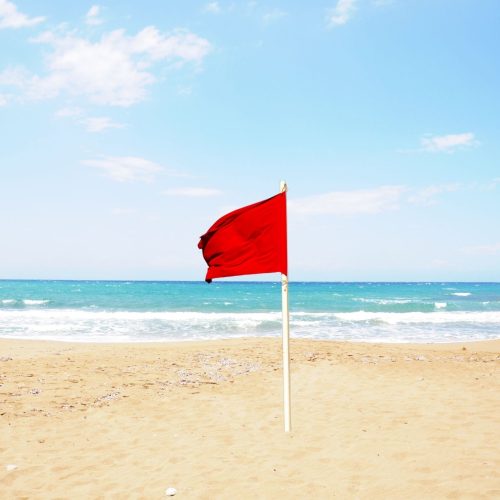Sugar might seem like a harmless treat—especially when you’re craving comfort on a long voyage – but too much of it can quietly steer your health off course. Whether you’re on land or at sea, understanding the impact of excess sugar is crucial for staying sharp, strong, and seaworthy.
The Sweet Trap: Why Sugar Isn’t So Sweet
Sugar gives you a quick energy boost, but it’s a short-lived high that often leads to a crash. Over time, consistently high sugar intake can:
- Disrupt your metabolism
- Increase fat storage and risk of chronic diseases like diabetes and heart disease
- Interfere with mental clarity and mood stability
And sugar hides in more than just desserts—it’s found in sauces, breads, cereals, and even so-called “healthy” snacks.
When Sugar Becomes a Red Flag

So, when should you start paying closer attention? Here are a few signs that your sugar intake might be worth reviewing:
- Constant fatigue despite rest
- Frequent mood swings or irritability
- Unexplained weight gain
- Cravings that feel out of control
- Brain fog or trouble concentrating
If any of this sounds familiar, it could be a helpful moment to reflect on your sugar habits and explore small, sustainable changes that support your overall well-being.
Mind and Body on a Sugar High (and Low)
Excess sugar impacts more than just physical appearance — it can interfere with your body’s internal systems and affect mental sharpness. For seafarers, this might translate into slower reaction times, reduced focus, and a higher susceptibility to illness — all of which can influence safety and performance on board.
Physically:
- Increased inflammation, leading to joint pain and slower recovery
- Weakened immune system, making you more prone to illness
- Poor sleep quality due to disrupted natural cycles
Psychologically:
- Anxiety and irritability from sugar spikes
- Increased risk of depression
- Addictive behaviour due to sugar’s effect on the brain’s reward system
However, the good news is that even small adjustments to sugar intake can lead to noticeable improvements. With more stable energy levels, clearer thinking, and a stronger immune system, seafarers can feel more resilient and alert — both on duty and during rest. It’s not about cutting sugar out completely but finding a balance that supports both health and life at sea.
Finding Balance: How to Tame the Sweet Tooth
Eliminating sugar entirely isn’t the goal – managing it wisely is. A balanced approach helps maintain steady energy levels, supports mental clarity, and reduces long-term health risks. Here’s how to make smarter choices without feeling deprived:
- Read labels: Sugar has many names—glucose, fructose, corn syrup, etc.
- Choose whole foods: Fresh fruits, vegetables, lean proteins, and whole grains
- Hydrate: Sometimes thirst disguises itself as a sugar craving
- Plan your treats: Enjoy sweets mindfully, not mindlessly
- Get moving: Regular exercise helps regulate blood sugar and mood
Staying Shipshape: Why Sugar Control Matters Offshore
Life at sea is demanding—physically, mentally, and emotionally. Excess sugar can:
- Reduce alertness during critical operations
- Weaken your immune system, making you more vulnerable in isolated environments
- Affect your mood, which can disrupt team dynamics and morale
- Increase health risks that are harder to manage far from shore
A crew that manages sugar intake is better equipped to handle the physical and mental demands of life at sea. Stable energy levels, sharper focus, and fewer health issues contribute to a safer working environment, improved teamwork, and greater overall resilience during long voyages.
So, what’s one small change you can make today to keep your health—and your ship—on course?
Talk to your onboard medical team about simple strategies for cutting down sugar without cutting out sweetness.

